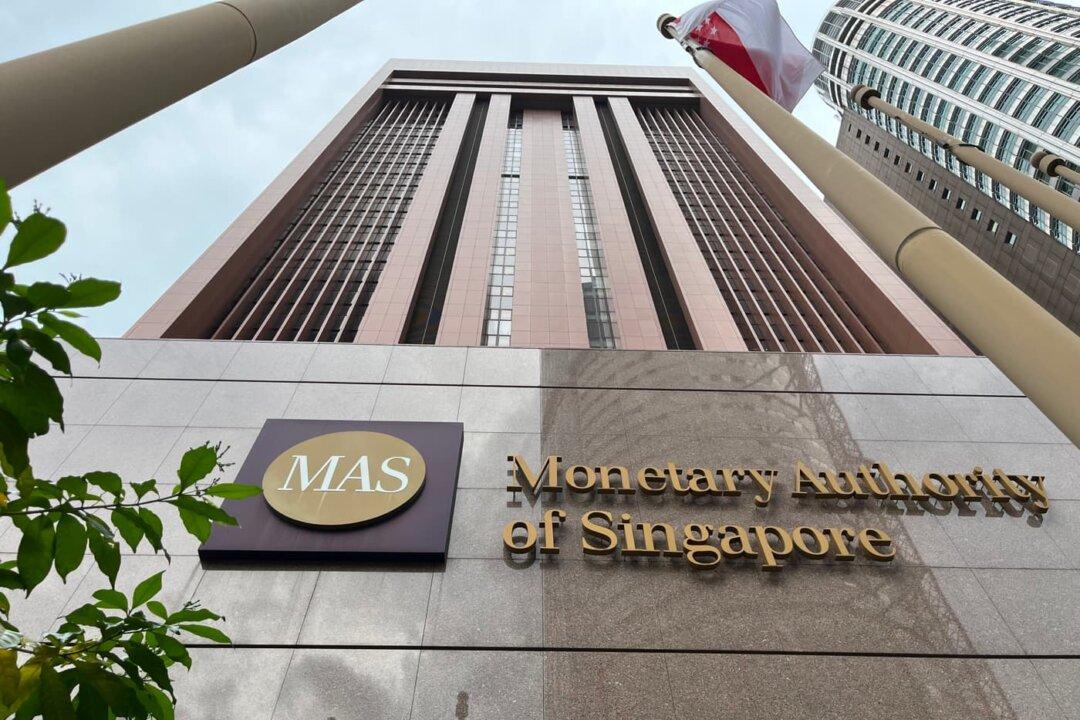In less than a week, Hong Kong authorities added 12 more countries to its list of high-risk places, including Cook Islands, a small South Pacific country that announced its first ever case of COVID-19.
In a statement released on Dec. 3, Prime Minister Mark Brown announced Cook Islands, a nation of about 17,600 people, had detected its first case of COVID-19 in an inbound, repatriation flight. The case was a 10-year-old child who tested a “weak positive” on Dec. 2.




